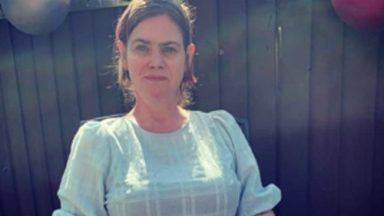An NHS health board that failed to detect a cancerous tumour in the bladder of a terminally ill patient has been ordered to apologise to their family.
After initial scans revealed findings suggestive of bladder cancer at NHS Tayside, the patient received treatment to fit and remove catheters, treat infection and manage the condition.
However, it was decided that they were not a candidate for surgery, and they were discharged from hospital.
NHS Tayside said that the patient was not “medically or psychologically” fit for further treatment and they were ruled to not be a candidate for chemotherapy or radiotherapy.
The health board said the patient chose not to share their diagnosis for a “number of weeks” and were unwilling for discussions to take place with their family. The patient died sometime later.
The patient’s child raised a complaint about NHS Tayside with the Scottish Public Services Ombudsman.
They complained that their parent’s care and treatment and the communication around this was unreasonable.
An independent urologist – a specialist in the urinary tract – found that there was a failure to detect the bladder tumour when it was initially suspected and that there was a delay in organising an inpatient CT scan, failures regarding discharge planning, and a failure to care for the patient’s skin and pressure damage.
Upholding the complaint, the Scottish Public Services Ombudsman found that NHS Tayside failed to tell the patient that there was a suspicion of bladder cancer at an appropriate time and said it was unreasonable for the board not to communicate with their family when arranging discharge.
The report read: “We found that the board’s investigation and response contained a number of factual inaccuracies, particularly with the accuracy of dates and order of events, and that important information was omitted from the response.”
It was recommended that discharge planning should take into account the patient’s ability and motivation to complete required self-care tasks such as catheter and nephrostomy care, and patients should be issued with a copy of the discharge letter where appropriate.
The report also added that family members should be informed of their discharge to ensure appropriate care is in place.
Further recommendations included that patients in the future should be informed of findings if they are suspicious of a cancer diagnosis, inpatient scans should be carried out within a reasonable time frame, and there should be nurse specialist support for patients with urological cancers,
The health board was also asked to apologise to the patient’s family.
A spokesperson for NHS Tayside said, “We are sincerely sorry that treatment and care in this case fell below the standard we would expect. We have apologised to the family and our thoughts remain with them.
“We take the feedback we receive from the Scottish Public Services Ombudsman very seriously and we accept all the recommendations made in the report. Actions have been taken to meet the recommendations within the agreed timescales.”
Follow STV News on WhatsApp
Scan the QR code on your mobile device for all the latest news from around the country


 iStock
iStock

























